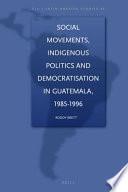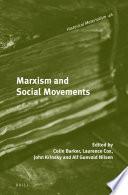This huge piece of legislation promulgated in September 1993 represents the culmination of a major project aimed at producing comprehensive unified regulation of all areas of commercial activity. In the introductory chapter to the law, which concerns its application, it is stipulated that commercial matters with regard to which specific federal laws are promulgated shall be subject to the provisions of these laws & to such provisions of the present law as do not conflict with them (Article 3). The main body of the law commences with definitions of what constitutes commercial activity: these persons who shall be deemed to be traders, & the conditions of eligibility to engage in trade. It sets out the requirements of accounting & record keeping which are obligatory for all traders. There is comprehensive legislation of a range of general commercial matters such as commercial houses, trade names, commercial data, commercial obligations & contracts, sale on deferred terms, sale at action, international sales, commercial pledges & deposits in public depositories. Following this there is detailed regulation of several of the most important specific areas of commercial activity including the different forms of commercial agency, commercial representation, brokerage & carriage of goods & persons. The large section of banking operations is systematic & exhaustive, as is the regulation of actions & transactions involving commercial & financial documents. The last section deals with bankruptcy, composition to avert bankruptcy, the procedures & administration of bankruptcy & its consequences. Article 196 states that the establishment of a Stock Exchange will be subject to the agreement of the Council of Ministers & promulgation of a Federal Law regulating the activity of the Exchange. The Law is presented in a comprehensive & consistent manner & is clear & accessible. An invaluable reference to all those who have business interests in or with the United Arab Emirates.
Although the Islamic law courts, known as the Sharia Courts, have been
abolished as a separate entity in Egypt and Tunisia, the original Islamic law,
known simply as Sharia, is still applicable in its entirety in the Arabian Peninsula.
It is Sharia ...










